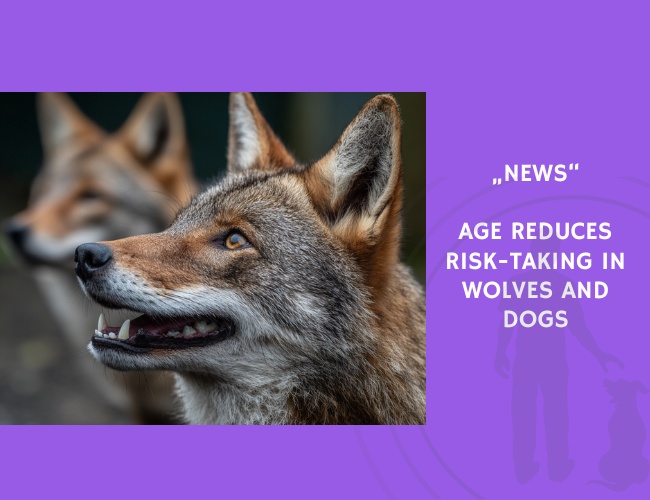Domestication is often associated with reduced fearfulness and greater acceptance of humans as social partners, but how this shapes risk-taking behavior remains debated. A 2025 study published in PLOS ONE investigated how wolves and dogs, raised and housed under equal conditions, responded to risky situations involving food near a potentially threatening object.
The research team, led by Hillary Jean-Joseph, combined behavioral observations with heart rate (HR) and heart rate variability (HRV) measures to study responses. Subjects were offered food near a spinning object in two conditions: with and without a familiar human present.
Contrary to expectations that species differences would dominate, the study found that age was the main factor influencing risk-taking. Older wolves and dogs were generally bolder, approaching food more quickly and showing fewer ambivalent behaviors than younger individuals. Heart rate data reflected heightened arousal at the start and end of test sessions, influenced more by age and test stage than by species.
The presence of a familiar human increased the likelihood that both wolves and dogs would take the food, suggesting that social support enhanced motivation. This effect was consistent across species, indicating that the secure presence of a human partner influenced decision-making in both domesticated and non-domesticated canids.
The findings challenge the assumption that dogs are inherently less risk-averse than wolves due to domestication. Instead, age and social context emerged as stronger predictors of behavior. The results highlight the importance of developmental stage and human partnership in shaping how wolves and dogs navigate uncertain environments.
Source: Jean-Joseph, H., Kortekaas, K., Range, F., & Kotrschal, K., PLOS ONE, January 8, 2025. https://doi.org/10.1371/journal.pone.0300790










